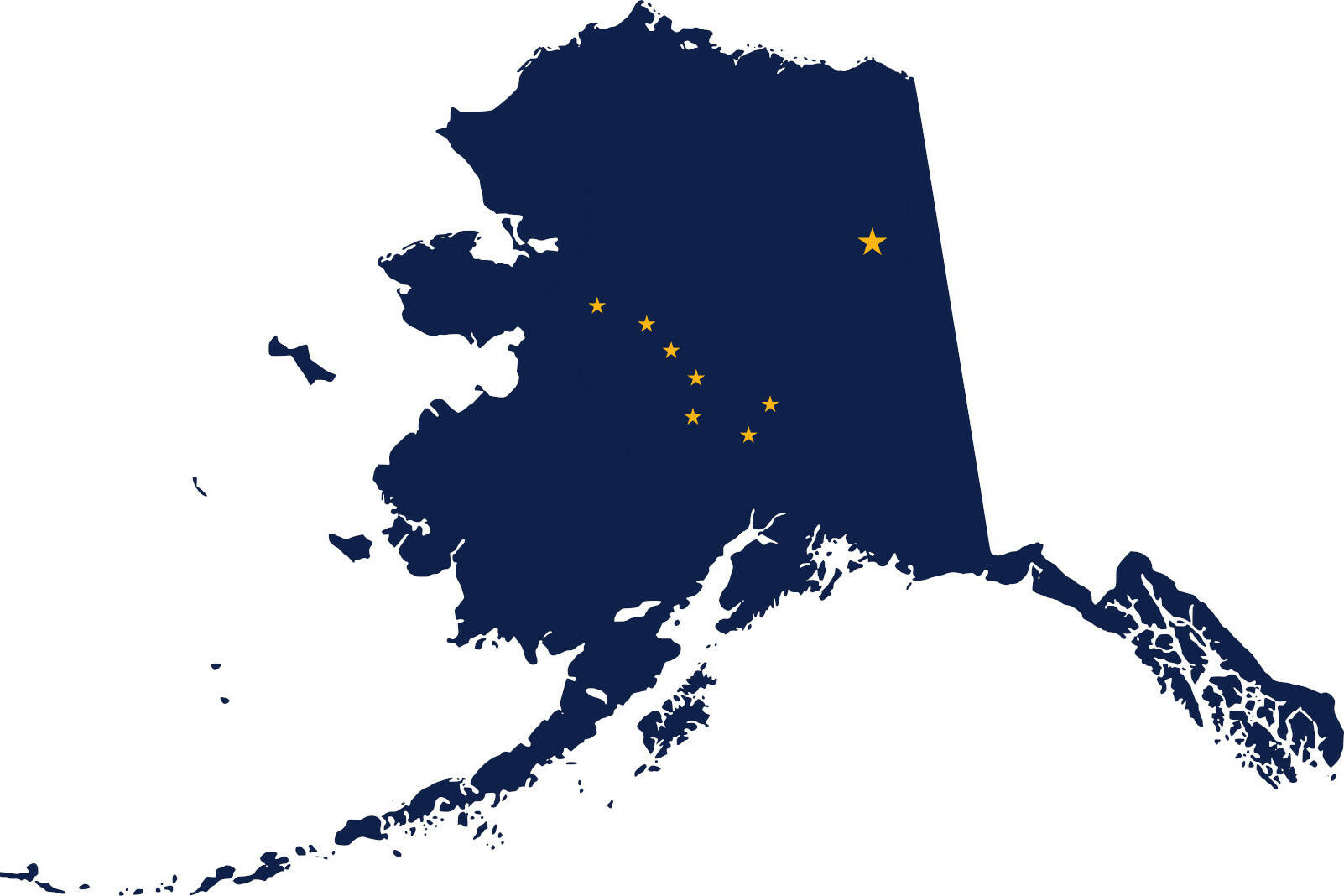A report by the Alaska State Ombudsman detailed multiple recurring issues at the Alaska Psychiatric Institute, the only state-run psychiatric hospital in Alaska.
State Ombudsman J. Kate Burkhart investigated a complaint made in November 2020 about the Department of Health and Social Services-run facility.
The complaint had 13 specific allegations dealing with API. According to the report, Burkhart found that API had not created or updated treatment plans required by federal regulations, had not provided active treatment consistently to all patients and had failed to prevent behaviors creating a hostile and discriminatory work environment.
There were 13 complaints made; the report states that the ombudsman prioritized investigating the most critical issues, consolidating several complaints into four findings. The investigation did find that one allegation, that the Health Facilities Licensing and Certification, part of DHSS, had failed to conduct site visits in response to complaints, was unsupported by evidence.
“We do not minimize the concerns raised by the Ombudsman’s office but want to be clear that many of these allegations were originally raised over two years ago and many changes have happened at the facility since that time,” said DHSS commissioner Adam Crum in an email. “My team and I have been addressing issues with API since the first day of the Dunleavy administration and while many have challenged or questioned our methods, there is no doubt that changes have been made and the facility is no longer operating in a state of constant crisis.”
The 2020 investigation followed a 2018 investigation of a complaint addressed to the ombudsman, according to the new report. Many of the issues looked at and found wanting in the previous investigation were still found uncorrected during the new investigation, according to the report.
“The Ombudsman made similar critical findings in 2019, based on a preponderance of evidence that API was not providing adequate treatment planning or active treatment to patients,” the report stated. “The Ombudsman made, and API accepted, recommendations to address these deficits (among others) in 2019. During the 2020-2021 investigation, evidence showed that those recommendations were either not implemented or had been implemented and then stopped with changes in API management.”
Crum detailed a list of ongoing improvements for API, including expanding and enhancing treatment plans, hiring a human resources consultant to train API senior leadership, and filling critical positions in the staff, which is cited in the reports as a major issue.
“These complaints included allegations of racial discrimination, gender discrimination, bullying, sexual harassment, and other conduct in violation of API policy and/or state and federal law,” the report reads. “The investigation also revealed evidence that API and DHSS leadership were aware of complaints about API managers, whom the anonymous complaint alleged had engaged in ‘hostility and staff intimidation,’ and had restricted staff’s ‘ability to voice concerns regarding management’ – but still denied any such complaints had been made.”
Crum also clearly stated the state of Alaska’s ongoing condemnation of all workplace discrimination in his email.
“We will continue to meet these challenges while supporting the patients we serve and the employees who do this critical work. There is no question that the work is complex and difficult and we take these obligations seriously,” Crum said. “We thank the Ombudsman’s office for their work and role in state government but believe the report issued fails to fully outline the current work environment and to recognize changes and improvements that have happened and continue to happen at API over the past few years.”
Read the ombudsman’s full report below:

